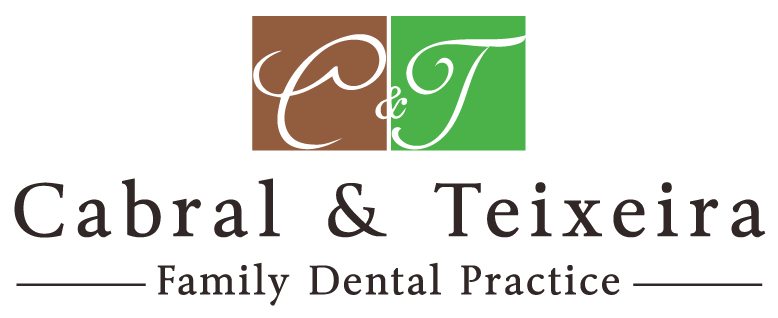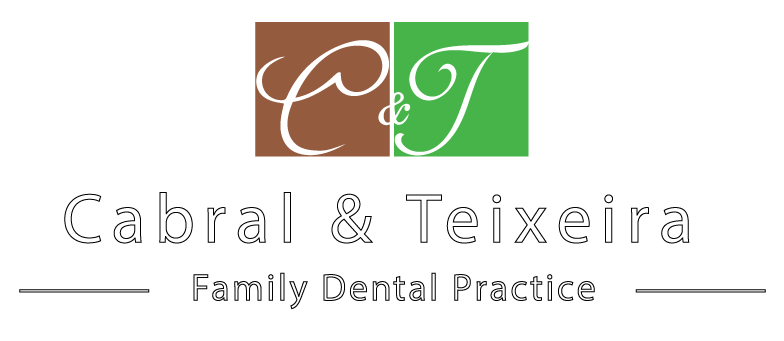
The Impact of Diet on Oral Health: Foods to Eat and Avoid
Regarding keeping a brilliant smile and healthy gums, flossing and brushing are usually the first advice. Still, your teeth and gums’ health depend much on what you eat as well. This blog will look at how various foods and nutrients could either be hazards or help with dental health. Knowing how diet and oral wellness interact will help you make wise decisions to maintain a bright smile and healthy gums.
The Interplay of Diet and Oral Health
Our everyday food and drink choices are closely entwined with oral health. For nutrients, the mouth is the first point of contact for chemicals that could damage our teeth and gums. Maintaining good grins and general well-being depends on an awareness of this connection.
Foods That Affect Dental Health
Although a range of foods improve oral health, some of them seriously increase the risk for dental issues, including gum disease, enamel erosion, and tooth decay. Here we will discuss the kinds of foods bad for dental health and clarify their reasons for damage.
Sugary foods and beverages
Among the primary offenders in tooth decay are sugars. Sugar interacts with microorganisms in the plaque forming on teeth to generate acids when ingested. These acids cause decay by attacking the enamel, the tooth’s strong outer coating. Frequent consumption of sugary products such as candy, desserts, and sweetened beverages can intensify the frequency of these acid attacks.
Acidic Drinks and Foods
Foods and drinks classified as acidic can also lead to another type of damage called enamel erosion. High acid contents in citrus fruits, tomatoes, soft drinks—including diet sodas—can gradually erode the enamel.
Hard foods and sticky ones
Dried fruits or candies, among sticky foods, stick to teeth longer and so give a continuous supply of sugar for bacteria, increasing the likelihood of dental decay.
Foods Boosting Oral Health
Although some meals can damage oral health, many others really help to maintain good teeth and gums. Including these healthy foods in your diet will support general oral wellbeing and help offset the negative consequences of dangerous chemicals.
Dairy goods
Excellent sources of calcium and phosphorus, two minerals needed for the remineralization of tooth enamel, include dairy products including milk, cheese, and yogurt. These meals can assist enamel somewhat eroded by acids to be rebuilt.
Crispy vegetables and fruits
Natural toothbrushes are fruits and vegetables like apples, carrots, and celery that call for lots of chewing. By mechanical action, chewing these fibrous textures helps to clean teeth and gums of food particles and plaque.
To sum up
To sum up, the link between nutrition and dental health is rather important and complex. Your teeth and gums will be much better if you choose the correct foods, ones high in vital nutrients and low in sweets and acids. Maintaining ideal oral health depends mostly on including balanced meals, controlling sugar intake, and changing your diet depending on personal dental requirements.
Recall that although a great tool for optimal dental health, nutrition should be supplemented with frequent dentist visits and appropriate oral hygiene measures. We advise you to talk about your eating patterns with your dentist to create a strategy that best supports your general and oral condition.



